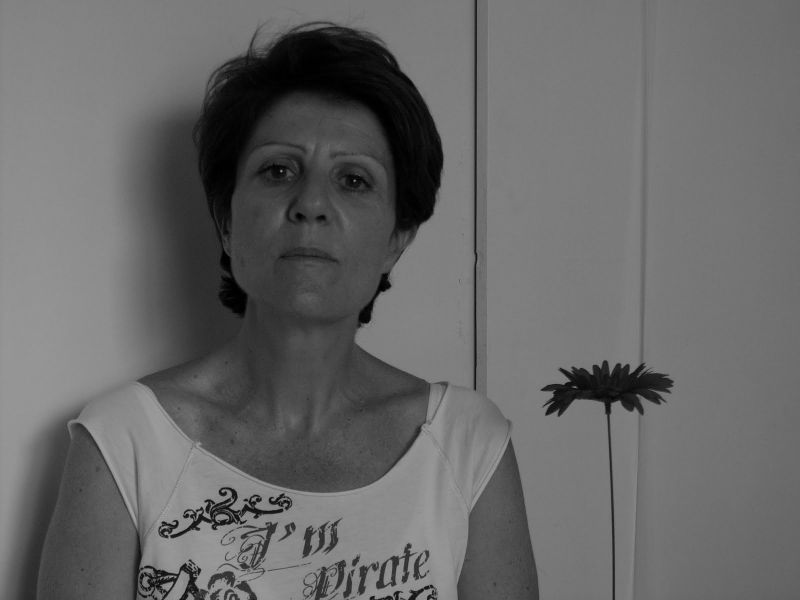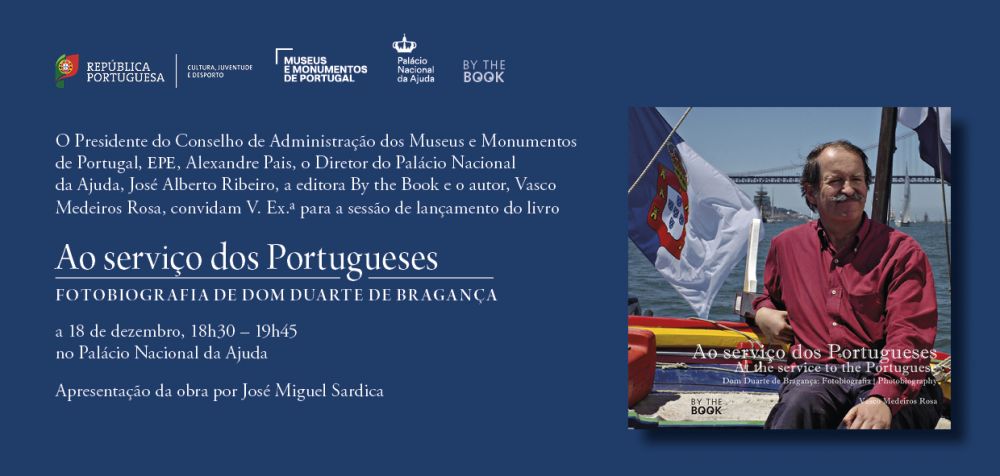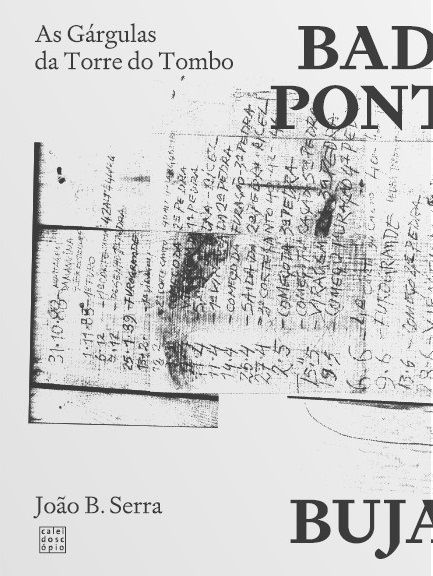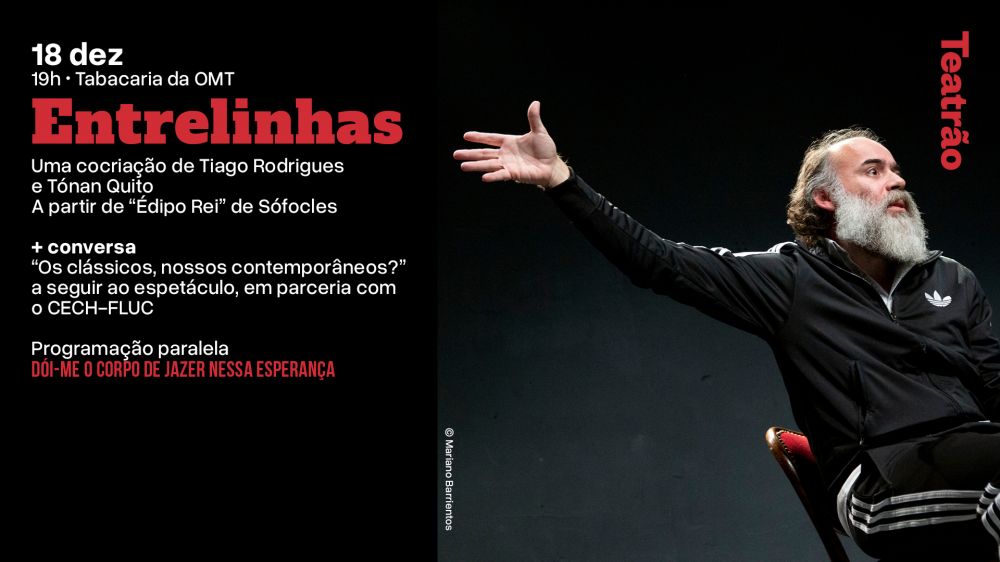Obras de referência da cultura portuguesa
"O CÉU DE SACADURA"
de LUÍSA COSTA GOMES
Análise de Duarte Ivo Cruz
Tradução de Alexandra Leitão

"Tragicomédia ambígua" chamou a autora a este "Céu de Sacadura" e a designação é feliz, sobretudo porque a ambiguidade nasce dessa passagem do trágico para o irónico e deste para a dencantado da morte serena, bem expressa na fala final do Cabo Pinto Correia, agarrado a um flutuador do hidroavião naufragado, quando verifica que o mar o afasta de Sacadura Cabral e determina uma morte solitária para ambos.
Vale a pena a longa transcrição, tão belo é o texto na sua trágica serenidade:
"Pinto Correia - Ò meu Comandante, parece que desta é que é! Desta não escapamos. Adeus, meu Comandante. Diga-lhes que... eu estou bom, que voltarei em breve. É uma questão de dias, eu vou dar a qualquer lado, mais cedo ou mais tarde vou dar a qualquer lado. O mar não dura para sempre. Olhe, não diga nada. Diga só que estava muito frio, eles assim percebem melhor. Adeus meu Comandante, foi uma honra conhecê-lo. Adeus."
Esta é a expressão trágica, vazada, como se vê, numa belíssima linguagem poética. E a mesma serenidade resignada, tão mais heróica do que a truculência do velho teatro romântico, sobressai no remate da peça, em didascálicas de belíssima expressão literária.
Assim: "Noite. Abóbada estelar. No escuro, Sacadura Cabral sozinho, deitado de costas sobre o flutuador, fuma tranquilamente ouvindo o chape-chape das ondas contra o avião...".
Mas o contraste, a ambiguidade da tragédia ressalta do envolvimento pretensamente épico, logo contrastante, insista-se, das "comemorações" da morte dos heróis, a cargo de uma Comissão que tem algo de teatro do absurdo, no afã de erguer "um monumento a todos os navegadores portugueses, de que estes são os últimos"... Ou, mais ainda, nas falas da Noiva de Sacadura, quando reconhece que "Índia é na tarimba dos heróis. Não há herói que não malhe com os ossos na Índia, mais cedo ou mais tarde"!
Este herói "malhou com os ossos" no Atlântico Norte, a voar de Amesterdão para Lisboa. Mas a peça significa também a continuidade dramática de uma longa gesta por vezes ambígua, de temas marítimos no teatro português - a começar pelo vicentino "Auto da Índia", que no seu tom de farsa de costumes, levanta o véu sobre as grandes opções estratégicas da Expansão, num registo que Camões e não só retomaria no Velho do Restelo!
"O CÉU DE SACADURA"
by LUÍSA COSTA GOMES
This delightful exercise in a style that is both historical (going back almost one hundred years) and poetical, dates from 1998. Its dimension is epic, not in the Brechtian meaning but in that of the great poetic and dramatic tradition of maritime themes, concentrated here on the epopee of the early years of aviation. When applied to the first aerial crossings this term is, then, more than justified.
The author called this "Céu de Sacadura" an “ambiguous tragicomedy”, and it is a particularly apt description, namely because ambiguity lies in the passage from tragic to ironic and from that to the disenchantment of the serene death that is so suitably expressed in Corporal Pinto Correia’s last speech, as he clutches a buoy from the shipwrecked hydroplane, and notes that the sea is taking him away from Sacadura Cabral, determining a solitary death for them both.
It justifies this long transcription which is beautiful in its tragic serenity:
"Pinto Correia – Oh, Captain, this seems to be it! We’re done for. Goodbye, Captain. Tell them…that I’m fine, I’ll be back soon. It’s just a question of days, I’ll come ashore some time, sooner or later I’ll come ashore. The sea doesn’t last forever. Better not say anything at all. Just say that it was very cold, they’ll understand that better. Goodbye, Captain, it was an honour knowing you. Goodbye."
As we see, this is tragedy expressed in beautiful poetical language. This same resigned serenity, more heroic than the truculence of the old Romantic theatre, stands out at the end of the play in stage directions possessing wonderful literary expression.
Thus: “Night. Starry vault. In the dark, Sacadura Cabral is alone, lying on his back on the lifebuoy, tranquilly smoking as he listens to the slapping of the waves against the plane…”.
The contrast, however, the ambiguity of the tragedy, lies in the supposedly epic and therefore contrasting involvement of the “commemorations” of the death of the heroes, organised by a Committee that smacks somewhat of the theatre of the absurd, in its eagerness to raise a monument to all Portuguese navigators, these being the last”… Or also in the speeches of Sacadura’s bride, when she recognizes that “India is the forcing ground of heroes. There isn’t a hero who sooner or later doesn’t hit the ground in India.”
This hero “hit the ground” in the North Atlantic flying from Amsterdam to Lisbon. But the play also means the dramatic continuity of a long and sometimes ambiguous journey of maritime themes in Portuguese theatre, starting with Gil Vicente’s “Auto da India”, which as a costume farce, raises the veil on the major strategic options of the Expansion, in a tone that Camões and others would take up with the Old Man of Restelo!
Obras de Referência da Cultura Portuguesa
projeto desenvolvido pelo Centro Nacional de Cultura

 Divulgue aqui os seus eventos
Divulgue aqui os seus eventos













